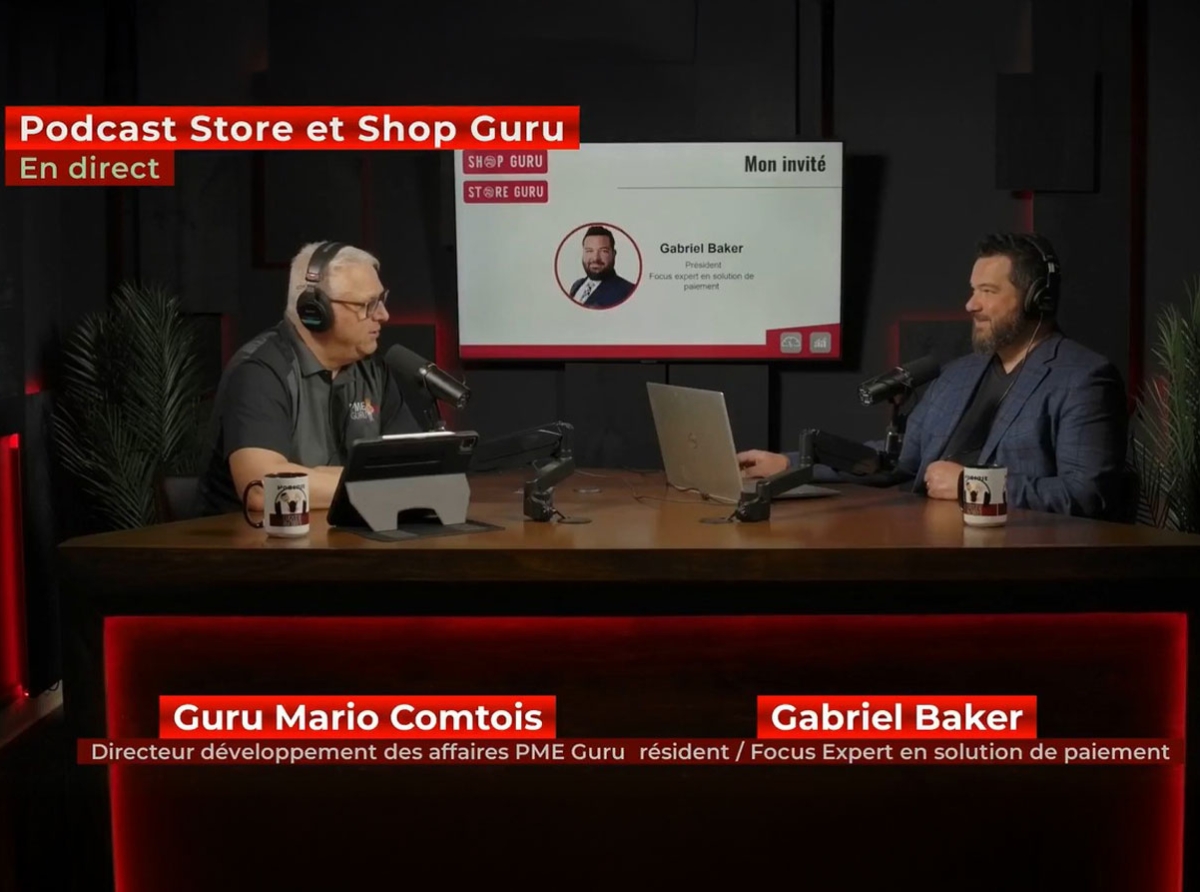Mechanics
Volvo Finally Unveils Its EX60
How to Understand and Reduce Your Transaction Fees

Podcast hosted by Mario Comtois with guest Gabriel Baker, payment solutions expert and founder of Focus.
Context and Issues
This episode explores electronic transaction fees—an important yet often misunderstood expense for repair shops and parts retailers. The use of credit cards has surged since the pandemic, increasing merchants’ dependence on complex and costly payment services. Many see these fees as inevitable, yet they have a direct impact on net profit.
Gabriel Baker’s Background
After working at Desjardins, Gabriel founded Focus, an independent firm dedicated to helping merchants understand, analyze, and reduce their payment processing fees.
Breaking Down Transaction Fees
A card transaction involves several players:
- Service provider (acquirer or reseller) – takes a margin.
- Card networks (Visa, Mastercard, Interac, etc.) – charge fixed "network fees."
- Card issuer (usually a bank) – collects the largest share of the fees.
Overbilling is common when providers add surcharges on costs they don’t control (such as network fees) or fail to pass along government-mandated reductions to merchants.
Opaque Pricing and Common Pitfalls
Gabriel highlights the proliferation of resellers—often poorly trained—who sell payment services at inflated or unclear costs. Many merchants mistakenly believe they benefit from group pricing (via banners or associations), when in fact they don’t.
His recommendation: review your statements annually, just as you would with insurance, since fees often change without clear notice.
Focus: A Tailored Support Solution
Focus offers free preliminary analyses to identify potential savings, followed by assistance with contract renegotiation, verification of group agreements, and implementation of best practices. Among these is the use of virtual terminals for card-not-present transactions, which improve both security and pricing.
Legal and Security Issues
Online payment adoption also helps businesses comply with Law 25 on personal data protection. Storing card numbers manually is illegal, though many merchants are still unaware.
Conclusion
Mario Comtois wraps up by stressing the importance of managing this expense, too often seen as unavoidable. With proper guidance, shops can save thousands of dollars annually. It is the responsibility of the business owner to treat transaction fees as a strategic cost, just like any other major business expense.
Watch the full podcast here:

L'Automobile Magazine
News
Business Directory



 En
En  Fr
Fr 


